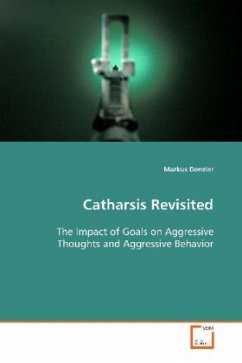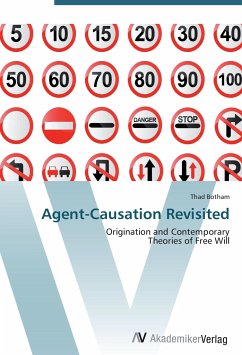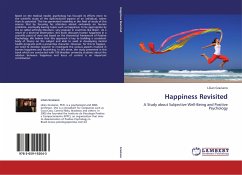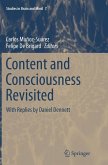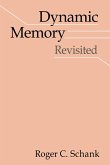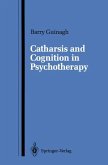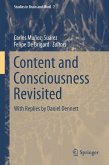A motivational look at Catharsis is investigated. It is assumed that a) the goal to aggress increases the accessibility of aggressive constructs, b) that this heightened accessibility is inhibited after goal-fulfillment and c) that aggressive behavior is reduced after goal-fulfillment. Study 1 showed an increase of aggressive constructs after priming the goal to aggress; after imagined and symbolic goal-fulfillment this accessibility was diminished. Study 2 showed that after fulfilling the goal to aggress also aggressive behavior was reduced. In addition, a non-aggressive way of goal-fulfillment further decreased aggressive behavior. Study 3 demonstrated that goal-fulfillment is necessary: without it, fictitious aggressive acts against an unrelated target increased aggression. Study 4 tested an alternative explanation for post-fulfillment reduction in accessibility, namely thought-suppression. Participants who were instructed to suppress aggressive thoughts had these thoughts more accessible than a group without suppression. Aggressive behavior was also more pronounced after suppression. The results are discussed in the realm of theories in motivation and aggression research.

